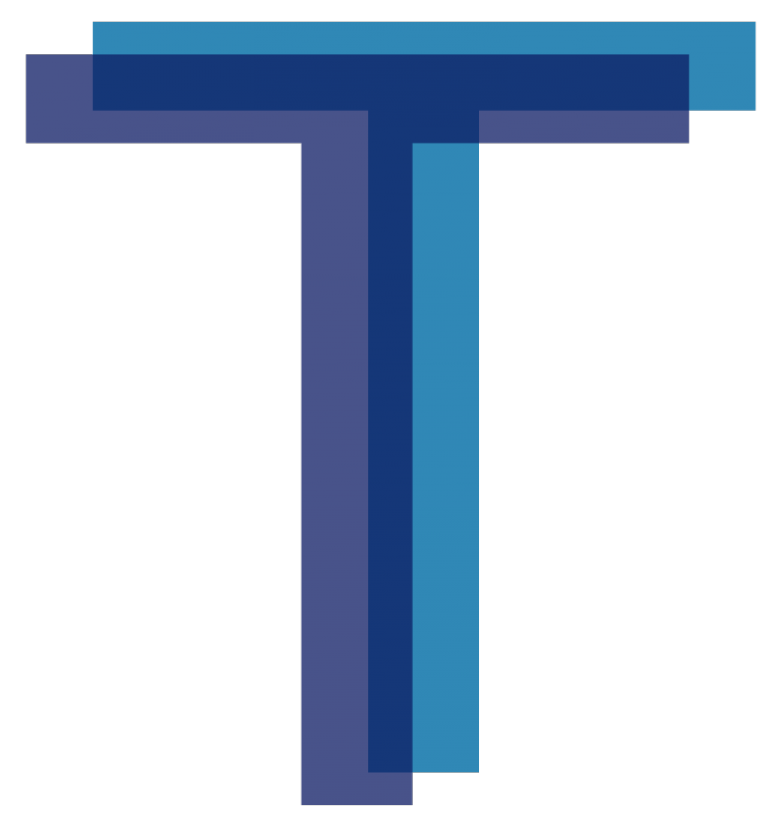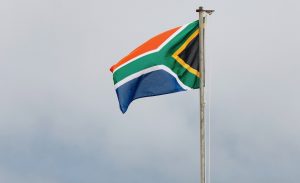Javier Milei runs for the highest office in Argentina’s upcoming elections. He enjoys broad support among conservative and neoliberal circles in Argentina and has managed to significantly increase his electoral popularity. He holds radical political far right positions and frequently denies climate change, yet he is emerging as a viable presidential candidate in opposition to center left Kirshnerism.
Special thanks to Dieter Plehwe and Karin Fischer for reviewing and suggesting changes to this piece.
“I don’t know if you’ve been confronted with this question: what do you think about global warming?”, asked Julián Serrano, an Argentinian youtuber who is heavily watched by young people and has more than 2 million subscribers on Youtube.
“This is another lie of socialism and is part of the agenda of Cultural Marxism”, answered Javier Milei, the politician with clumsy hair and rough speech.
Milei is an economist who received more votes than any other congressional candidate in the 2021 Argentine election and gained popularity with a strong far-right agenda. Milei is often featured in newspapers and social media for his anti-abortion, anti-vaccines and pro-gun views. He presents himself as an “anarcho-capitalist” aligned with the Austrian School of Economics and proposes to cut all taxes and to abolish the Central Bank.
Denialist opinions on the climate emergency are common in Milei’s political propaganda. He defended these views during his electoral campaign for the Chamber of Deputies of Argentina in 2021 and has been continuously spreading them after being elected. According to him, the temperature of the planet nowadays is at a minimum level in a 15-thousand-year comparison. He supports his thesis with a graph from 2008 published in a study of the geologist Don J. Easterbrook titled “Global Cooling is Here”. Argentine fact-checking agencies contested Milei’s argument and clarified that the graph represents a data series just about Greenland, which is evidently not appropriate to evaluate the history of climate change and global warming. Easterbrook is known for his false predictions about “global cooling” over the last two decades.
Milei’s climate fallacies could be ignored if he was not fast becoming the favorite candidate in Argentina’s upcoming presidential elections in 2023. Electoral polls are showing Milei as a real threat to both opposition and government candidates. The difference in polling data between him and ex-president Cristina Kirchner, who might also be a candidate for President of Argentina, is small. Although the elections are still a year away, Milei is working hard to conquer hearts and minds of young people in particular, and focuses strongly on those who are traditionally voters of Kirchnerism (center-left populism). But how can a polemical climate-change-denialist make such a political career? What conditions enabled his election as a deputy and his political development?
One factor in the explanation of Milei`s rising popularity is the infrastructure and ideas the Atlas Economic Research Foundation Network provides. The Atlas Economic Research foundation is an American organization that provides an umbrella for around 500 neoliberal think tanks in approximately 100 countries. It was founded in 1984 by Anthony Fischer, a British entrepreneur and a close disciple of Friedrich August von Hayek. In Latin America, Atlas brings together around 100 think tanks – ten of them are based in Argentina. Much like in the other world regions, Atlas think tanks in Latin America develop and share strategies and ideology within and across national borders. According to an analysis of 990 forms of the Atlas Economic Research Foundation providing financial data of non-profit organizations in the US, the organization sent around US$7.2 million to fund think tank activities in Latin America between 2010 and 2018, for example. The vast majority of transfers are classified as economic education. But Atlas activities go way beyond education efforts.
Milei is an Advisory Board member of Atlas member Fundación Libre, an Argentine far-right think tank that struggles against what it calls “hegemonic progressive ideology and the empire of politically correctness”. Instead, FL promotes “individual freedom and republicanism”. Milei frequently attends Atlas think tank conferences and debates as a guest in Argentina and in other Latin American countries. He has participated in conferences and events at Atlas members Fundación Libertad y Desarrollo, Federalismo y Libertad, and Fundación Atlas, all based in Argentina. He also participated in Fórum da Liberdade 2022, promoted by Instituto de Estudos Empresariais (IEE), in Porto Alegre, Brazil, and visited Colombia in the course of the second round of the 2022 presidential elections (which resulted in the victory of left-wing candidate Gustavo Petro, however).
According to Argentina’s newspaper La Nación, most of the events that Milei participates in are financed by the Atlas Network. The federal deputy usually says he does not receive financing from Atlas and that this allegation is just “another lie that the left tells”. Plus, according to him Atlas is just “a foundation that promotes ideas of freedom”. Contrary to his claims, the relationship between Milei and Atlas seems to constitute a mutually beneficial bond: Milei gains access to a consolidated infrastructure of neoliberal think tanks and communication channels to spread his ideas, while think tanks in Argentina and in other countries use him to tap into new audiences (of younger people in particular) to promote a reactionary agenda, including climate change denialism.
Although climate change denialism has not been the main focus of Fundación Libre, the foundation presents climate related content in a prominent way. In a video on its Youtube channel, the think tank is criticizing Greta Thunberg’s climate activism. The think tank is close to VOX, the Spanish far-right party that is also known for spreading denialist ideas. According to the newspaper El Español, the president of Fundación Libre, Agustín Laje serves as guru in gender questions for the Spanish political party. Like Milei, Laje is also known for his denialist views on climate change. In social media, Laje attacks climate activists and claims that climate policies as responsible for starving children in Latin American countries.
Milei participation in events promoted by Atlas think tanks is related to the efforts of these Atlas organizations to shape Milei’s image as a viable candidate for Presidency of Argentina. Atlas think tanks promote Milei through articles and blog posts. Articles about Milei in Fundación Atlas frequently discuss him as an outstanding phenomenon, for example, and praise him strongly for his merits and performance. Axel Kaiser, Executive Director at Fundación para El Progreso in Chile, wrote on Fundación Atlas blog that Milei “accurately predicted the Argentine economic disaster” and was able to set up a “cultural and political movement which became a third way” in Buenos Aires. Kaiser also argues that Milei works to restore the libertarian legacy in Argentina. Already in 2018, Fundación Atlas awarded Milei the Liberty Prize.
Another emblematic example is how the member of House of Representatives is featured on the Instituto Libertad y Progreso website. Alberto Benegas Lynch, who can be considered one of the most important exponents in Latin American neoliberal networks, praises Milei for the content of his messages, albeit lecturing him on how to further improve communication. Lynch talks about the occasions he met Milei as a friend and how he advised him to be less aggressive in his lines. In another blog post of the Institute, Brenda Funes argues in favor of Millei’s effort to bring back Argentina’s dollarization. There is yet another post on Milei’s plan for Central Bank reform and a defense of Milei as an actor who is revolutionizing Argentina’s politics.
Milei is thus treated as a serious presidential candidate and as a viable solution against what Atlas think tanks call the “threat of communism”. More than that, these think tanks do not seem to mind his climate change denialism and other elements of extreme right-wing discourse. They continue to support him and provide space for the circulation of his ideas. The view of the organized networks and think tank infrastructures in support of Milei help to shed some light on his success in Argentina’s electoral polls, which should serve as a warning sign with regard to the prospect of the next presidential elections in the country. Fundacion Libertad y Progreso is one of the top think tanks in the Americas in the category of Youtube video production and followers according to a Forbes ranking developed by former Atlas CEO Alejandro Chafuen, for example.
The current left turn in many Latin American countries in any case should not lead to underestimating the power structure behind South American right-wing candidates. With a little help from right wing networks and neoliberal friends, Milei could become the next Latin American Bolsonaro, contrary to the new Pink Wave we are observing in the region. As election campaigns progress, we will be able to observe more closely how the Atlas think tanks will engage in the campaign and how the climate agenda will be approached by those who oppose ambitious climate action.
picture: “Milei en TN, durante una entrevista de sobre como eliminar el banco central”, Todo Noticias, CC BY 3.0 https://creativecommons.org/licenses/by/3.0, via Wikimedia Commons, no changes made.


